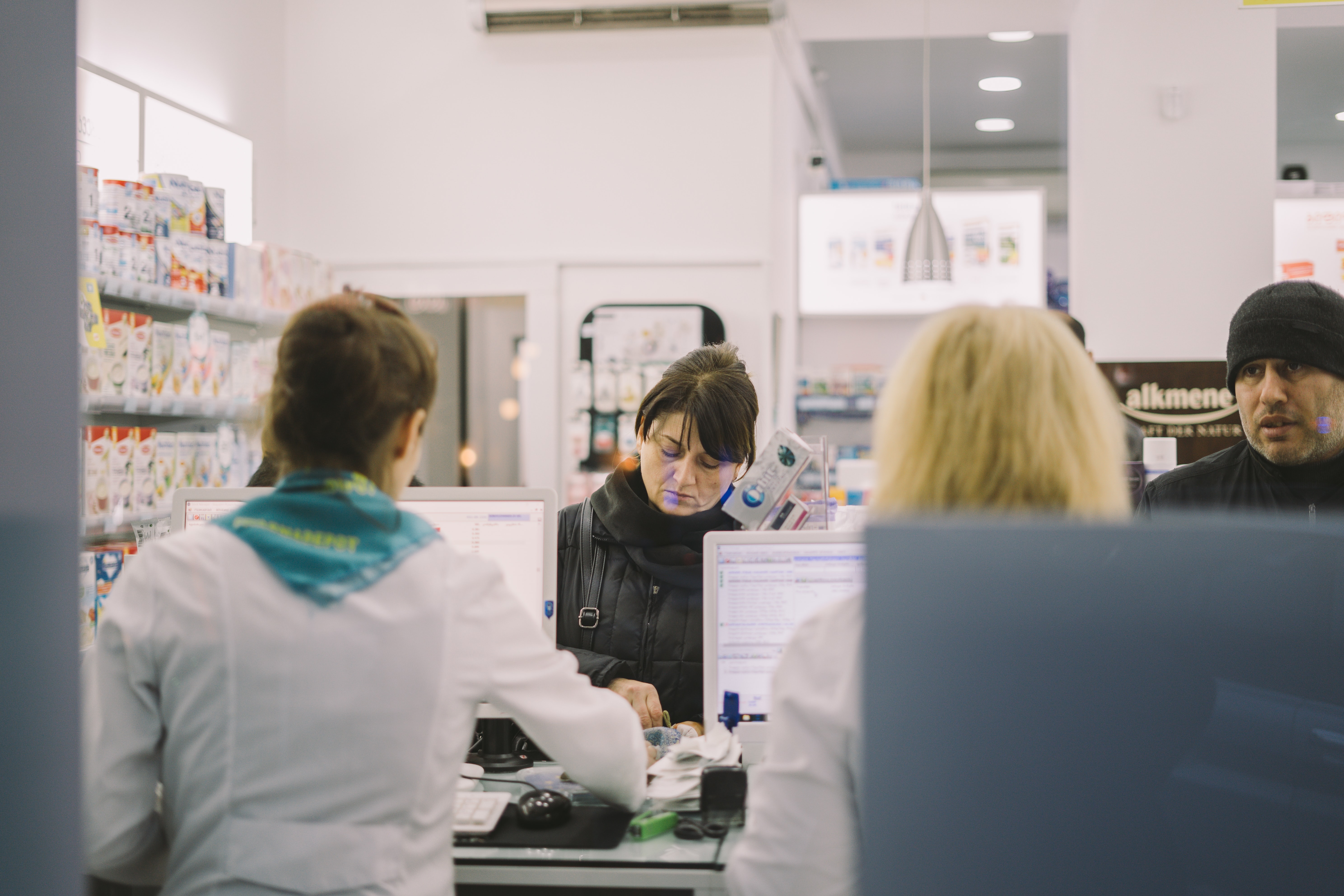
Despite the steps being taken to save lives from the covid-19 pandemic, there is one area in which we are still falling short – and it threatens the most vulnerable among us. On March 28th the Office for Civil Rights (OCR) at the U.S Department of Health and Human Services issued a bulletin banning discrimination against the disabled and elderly in the provision of medical care or health services, in response to reports that hospitals might do so.
This is urgent, because evidence from countries around the world demonstrates that as many as 99% of covid-19 fatalities have been among the elderly, those with underlying medical conditions — they are in far greater danger than everyone else.
However, in most of the country, these high-risk groups face unfair — and possibly illegal — hardship before they even get sick. They must pick up prescriptions from pharmacies rather than having them delivered, subjecting them to an undue burden and unequal risk.
Being forced to come to confined spaces potentially shared with patients infected with covid-19 — both those who are asymptomatic but still contagious, and those whose cases are too mild to for hospitalization — is prejudicial to the health and survival of the elderly and disabled, just as denying them a ventilator in the hospital would be.
We must make different provisions in such cases because treating everyone the same way can amount to discrimination when that treatment favors some over others. Just as we provide curb ramps on corners for those in wheelchairs and learning accommodations to children with Down syndrome, we must provide the physically vulnerable safe access to the medications that they need. Failing to do so is effectively discriminatory, since it exposes them, unequally, to a high risk of death.
Though pharmacist counsel is necessary when medications new to a patient are dispensed, this can be accomplished by telephone, as in cities like New York, where prescription delivery (scheduled drugs excepted) is widely available. When proof of identity is required, telemedicine or security questions should be implemented.
Most states have implemented “stay home” orders to limit the spread of covid-19, closing schools, gyms, and malls, but none of these measures remedy the significant threat to our health posed by pharmacies. This failure virtually ensures the spread of the virus to the elderly, disabled, and those with underlying conditions like diabetes — the very people most likely to die from it. They are, of necessity, the most frequent users of pharmacies.
In Forest Grove, OR the police department is stepping up by picking prescriptions up for the elderly in the community. While this is a laudable way to partially close the gap, it shifts risk to our much-needed first responders — and doesn’t help people living elsewhere.
Diminishing the risk to the most vulnerable has benefits for everyone, because they are the patients most likely to need extended intensive care if infected by covid-19. Keeping them safer will reduce the strain on our hospitals and mitigate our shortages of beds, ventilators, and protective gear. That will boost the medical care available for all of us.
It is a grievous failure, when we are making so many other radical changes to daily life to prevent the rapid spread of covid-19, to continue forcing all of us, and especially our most at-risk citizens, to face unnecessary danger. Pharmacy delivery should be mandated immediately to prevent discrimination and save lives.

